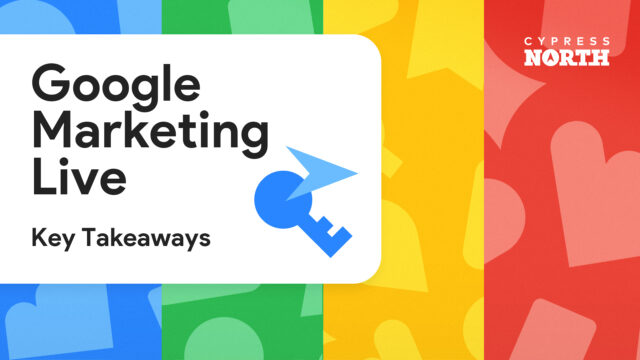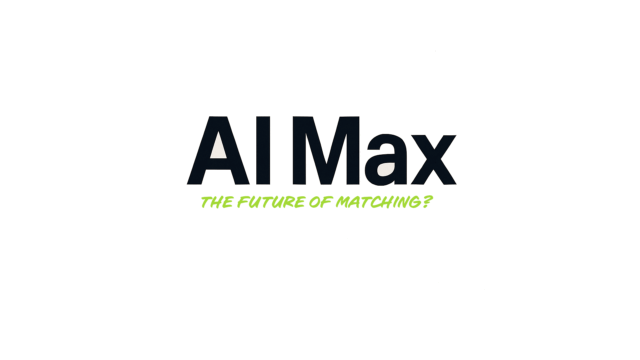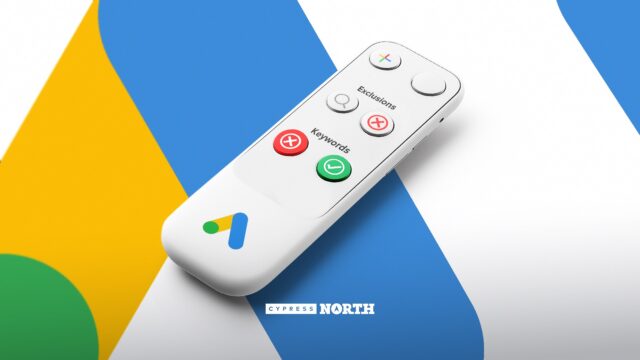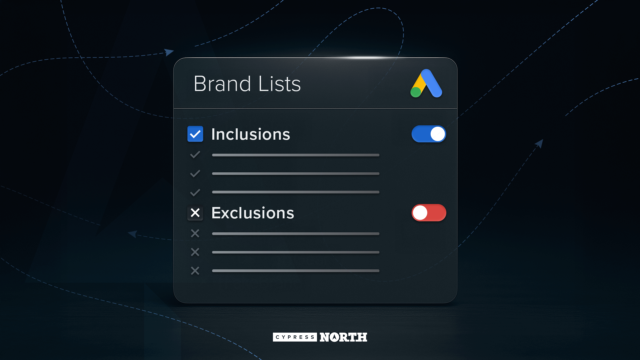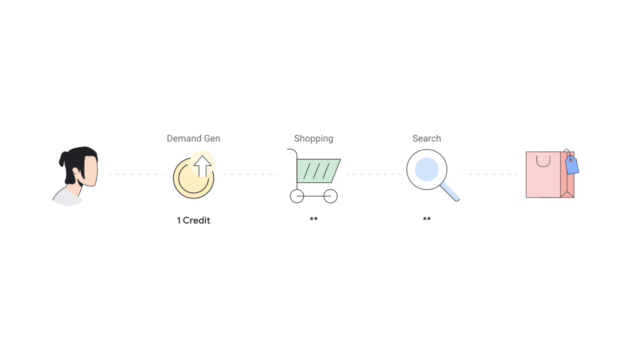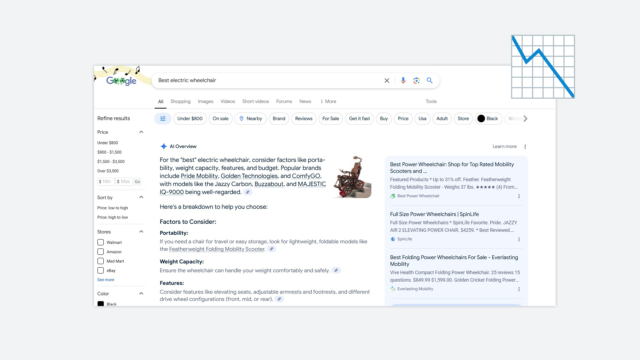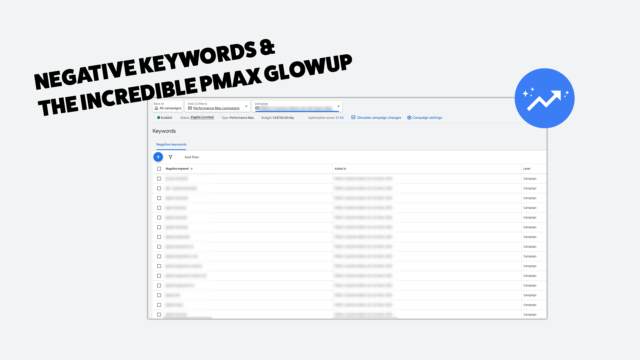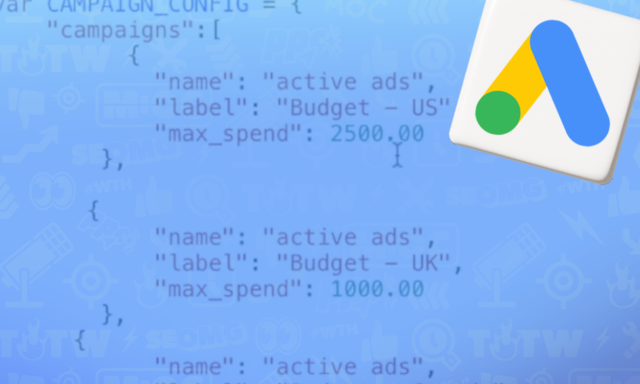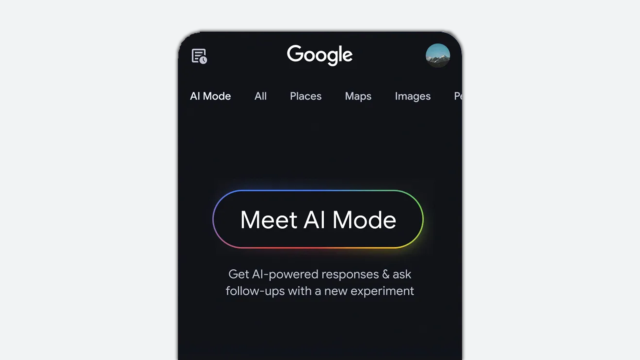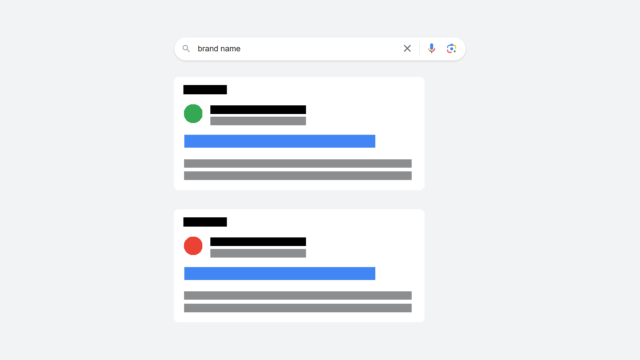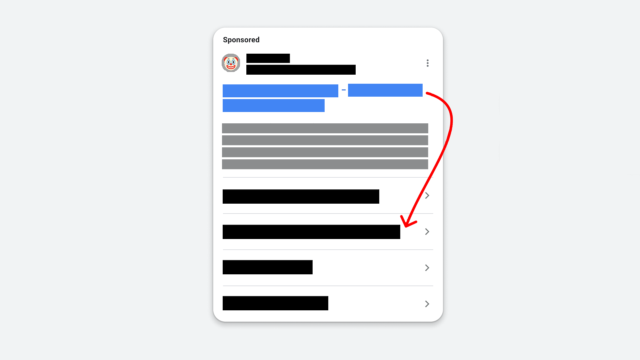How to Opt Out of Auto-Applied Recommendations in Google Ads

In this article, we'll cover what auto-applied recommendations are and how to opt out of them. Plus, we'll share a step-by-step tutorial video to guide you through the process.

If you’ve ever logged into Google Ads, or even walked by someone’s desk who was logged in, you’re familiar with recommendations. They’re practically shoved down advertisers' throats all over the Google Ads UI.
But, what you may not know is that Google Ads can (and will!) implement recommendations in your account on your behalf. Like other automated features in Google Ads, these settings are tricky to find if you don’t know where to look and could result in increased spend, a higher CPA, and poor performance.
In this post, I’ll show you how to turn off auto-applied recommendations in your Google Ads account.
What are recommendations?
First, let’s make sure we’re familiar with Google Ads recommendations in general.
Here’s what Google says about recommendations:
“The Recommendations page looks at your account's performance history, your campaign settings, and trends across Google to automatically generate recommendations that could improve your performance.”
I take umbrage with the use of the word “performance” in that sentence. I run multiple Google Ads accounts, all with different conversion goals and KPIs. However, the recommendations page often has the same suggestions for advertisers:
- Add broad match keywords
- Turn on optimized targeting
- Opt into search partner placements
Or, my favorite:
Raise your budget!
That’s because Google Ads isn’t looking at your goals to make these recommendations. They’re giving all advertisers the same generic “tips.” Interestingly enough, most of these tips will cause your account to spend more.
What are auto-applied recommendations?
Auto-applied recommendations take the propaganda a step further. If an advertiser is opted into auto-applied recommendations, Google ads can make updates to that account on an ongoing basis without approval from the advertiser.
Advertisers do have to opt into auto-applied recommendations manually. But, unfortunately, it’s not uncommon for someone to be opted in without their knowledge. Whether it’s because a previous account manager opted in, or someone clicked to opt-in without realizing it, it does happen. So it’s important to know how to check these settings and make sure they’re turned off.
Here’s a list of auto-applied recommendations that are available for opt-in in Google Ads:
- Recommendations to help maintain your ads
- Ads & Assets
- Use optimized ad roateion
- Add responsive search ads
- Improve your responsive search ads (improving headlines and descriptions)
- Keywords & Targeting
- Remove redundant keywords
- Remove non-serving keywords
- Remove conflicting negative keywords
- Use optimized targeting
- Measurement
- Upgrade your conversion tracking (use data-driven attribution)
- Ads & Assets
- Grow Your Business
- Keywords & targeting
- Add new keywords
- Add broad match keywords
- Use display expansion
- Bidding
- Bid with target impression share
- Bid with maximize clicks
- Bid with maximize conversions
- Bid with maximize conversion value
- Bid with maximize conversions using a target CPA
- Set a target CPA
- Set a target ROAS
- Adjust your CPA targets
- Adjust your ROAS target
- Add store visits as an account default goal
- Keywords & targeting
If you opt into any of these auto-apply options, Google Ads could take that action in your account at any time.
Why do I want to opt out of auto-applied recommendations?
I’ve heard other PPC practitioners talk about how auto-applies can be a good thing. The main benefit is that they can save advertisers some time on manual tasks.
Some options that might seem harmless are:
- Remove redundant keywords
- Remove conflicting negative keywords
- Add a target CPA
In theory, these are all things that you might do in your account anyway.
However, in 2023, Google Ads set a scary precedent. They announced that they were changing the way their “remove redundant keyword” recommendations worked. If advertisers were already opted in, they would stay opted in moving forward.
I don’t know about you, but I don’t want Google Ads making changes in my account without my approval, especially knowing that the feature I’m opting into could change in the future.
How to opt out of auto-applied recommendations
The hardest part of opting out of auto-applies is finding your auto-applied settings. Follow the steps below to turn them off!
- Click into the recommendations tab (under overview) in the Google Ads interface
- Click the little clock symbol at the top to see your auto-applied settings
- Make sure all boxes are unchecked
How to check auto-applied recommendations settings at the MCC level
If you do find out you’re opted in, you’ll probably want to check back and see what changes were made through auto-applied recommendations. The good news is, the change history tab makes this easy!
Simply navigate to the change history tab and add a filter for the tool. Then, select “auto-applied recommendations.”
Auto AppLIES
Do you need more help opting out? We put together this short video to guide you through the process.
Now you know how to turn auto-applied recommendations off if you choose to do so.
For what it’s worth, I do know some good advertisers who use auto-applied recommendations. But for me, it’s not worth the risk. Google Ads takes more and more control away from advertisers every day, but I don’t need them making changes in my account.
If you ever need advice on Google Ads recommendations, or anything else in your account, we’re always here to help! Contact us with any questions you have.
Meet the Author

Christine Zirnheld
Christine is our Director of Lead Gen and a co-host on our weekly Marketing O’Clock podcast. Known affectionately among coworkers and podcast listeners as Shep, she joined Cypress North in 2018 and works out of our Buffalo office.
As Director of Lead Gen, Christine oversees all of our lead generation clients, providing strategic guidance and assistance as needed to ensure we’re hitting their goals. She is on the cutting edge of paid search strategy and uses her expertise to not only uncover more quality leads for clients, but to turn those leads into customers.
Christine is an established thought leader in the digital marketing community, known for her PPC expertise and strategic mindset. She was recognized as one of the Top 50 Most Influential PPC Experts of 2025 by PPC Survey. Christine has shared her insights as a speaker at several major digital marketing conferences, including SMX Advanced in Boston, SMX London, and SMX Next. She has contributed to Search Engine Journal and Search Engine Land, and even published an ultimate playbook for Google Ads.
Originally from Ashburn, Virginia, Christine graduated from Canisius University with a bachelor's degree in marketing. She also has an associate's degree in fashion business management from the Fashion Institute of Technology.
When she’s not working, Christine can be found singing karaoke or watching Miss Rachel with her toddlers, watching Bravo, dining al fresco, and drinking Diet Coke. She’s known for making her Taylor Swift fandom her personality, talking about the royal family to any of her coworkers who will listen, and reading books about wives who kill their husbands. Christine was the 2002 Hula Hoop Champion at Ashburn Elementary School – and may still be undefeated.


